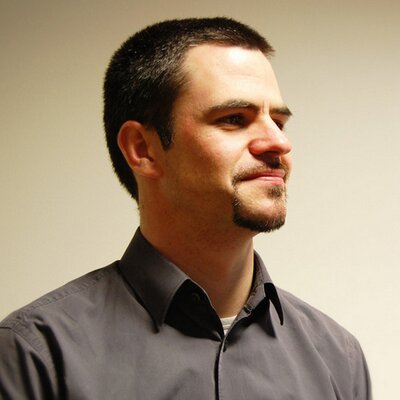Richard was co-founder and CEO of his previous company, nearForm, where he helped take the company from scratch to an annual turnover of €17 million. Previously, he was CTO of FeedHenry, a mobile application platform provider that was acquired by RedHat for €63.5m in 2014. For several years, Richard has been an active member and influencer of the open source software (OSS) community. He is the creator and maintainer of senecajs.org, a microservices framework for Node.js. Richard is also the host of the monthly Dublin Microservices meetup in Ireland. Richard writes a weekly column in the Irish Independent newspaper. His latest book, The Tao of Microservices, will be published by Manning in 2018.
Chapters:
- - Dave introduces the show and Richard Rodger
- - A nostalgic look back at the maturing of the internet
- - Chance in career paths and the various virtues that work in software careers
- - Decision journaling
- - Marketing, sales, politics, and human interaction for developers
- - Richard's interest in Microservices
- - Richard book recommendation
- - Richard's book - The Tao of Microservices - and the learnings that went into it
- - Extracting infrastructure and disposable code and infrastructure
- - Richard's top 3 tips for delivering more value
- - Keeping up with Richard
Resources:
- Voxgig
- The Tao of Microservices - Richard Rodger
- Seneca.js
- Eternal September
- "The wand chooses the wizard, Mr. Potter."
- Civilization
- Irish Independent Newspaper
- Farnam Street
- Shane Parrish
- Farnam Street Podcast
- Capability Maturity Model
- Developing software for the space shuttle
- Greg Young - The art of destroying software
- Niccolò Machiavelli
- The Essential Writings of Machiavelli (Modern Library Classics) - Niccolo Machiavelli
Richard's book recommendation:
Richard's top 3 tips for delivering more value:
- There is always an acceptable error rate
- Don't forget the human factor - Design as much for psychological efficiency as technical efficiency
- Choose your career path carefully and with open eyes
- Isolate brain modes
